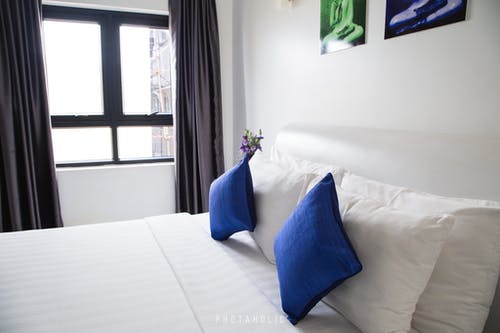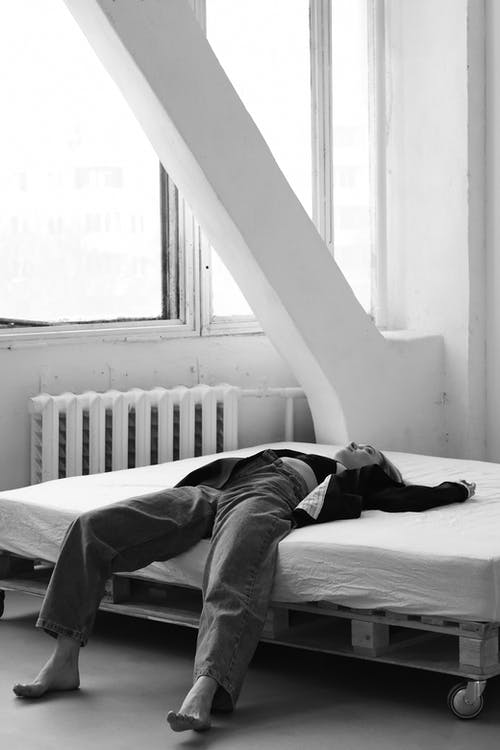Researchers report the Sleep Number 360 smart bed may predict and track symptoms of respiratory illness.
It is well-known that getting adequate sleep is important to overall health. And maintaining health is especially important as the world continues to battle the coronavirus pandemic. Thus, sleep is a key ingredient in both preventing infection and in the body’s healing process when an infection is present. Technology that can predict sleep-related health issues will provide important insight.
A new study has revealed promising findings that smart bed technology can track symptoms of respiratory infections, including Covid-19. Researchers used the Sleep Number 360 smart bed and its operating system, SleepIQ technology, to analyze whether the model could help to predict and track symptoms. Their promising findings were presented at SLEEP 2021: 35th Annual Meeting of the Associated Professional Sleep Societies.

The study notes, “Real-world biometric data obtained from a consumer smart-bed platform showed that worsening of COVID-19 symptoms correlated with an increase in sleep duration, breathing rate, and heart rate and a decrease in sleep quality…Pathophysiologic responses to respiratory viral infection affect sleep duration and quality in addition to breathing function. ‘Smart’ and ‘connected’ devices that monitor bio-signals over time hold promise for monitoring infectious disease.”
The Covid-19 pandemic has led to significant changes in daily routines, which has amplified rates of anxiety and insomnia and disrupted overall quality of sleep, in general. Even if an individual does not have any symptoms of the virus, data has shown it has taken a significant toll on sleep. A study performed in 2020 concluded, “Sleep disturbances have affected a substantial proportion of the general population during the Covid-19 pandemic…These are significantly associated with a self-assessed impact on mental health but may also be related to suspected Covid-19 status, changes in habits and self-isolation.”
In other words, even if an individual is not showing any signs or symptoms, the virus has led to an increased prevalence of sleep disturbances, which can lower quality of health and make an individual more susceptible to respiratory infections. It is evident that having Covid-19 or another respiratory virus can significantly impact sleep duration, quality, and cardiorespiratory function.
The current study reported, “An analysis of real-world data collected from Covid-19 positive (n=122) and negative (n=1,603) 360 smart bed sleepers was conducted to build a predictive Covid-19 model based on unobtrusive sleep metrics. Sleep duration, sleep quality, restful sleep duration, time to fall asleep, respiration rate, heart rate, and motion level obtained from ballisto-cardiography data from January 2019 to October 2020 were measured in the analysis.”
Researcher Gary Garcia-Molina, PhD, with Sleep Number Labs, San Jose, California, explained, “The 360 smart bed is able to detect symptoms associated with COVID in a very unobtrusive way.” The technology used to predict symptoms will not, itself, further disrupt sleep while tracking.
“The research findings from these two new studies, presented at SLEEP 2021, add to the growing body of scientific research from our Sleep Number 360 smart bed,” said Annie Bloomquist, chief innovation officer, Sleep Number, in a release. “The 360 smart bed is an innovative device that offers proven quality sleep, an accurate, longitudinal data collection platform and the ability to understand real-world sleep behaviors. These data and insights are informing the development of meaningful sleep solutions.”
Sources:
‘Smart Bed’ May Detect, Track COVID-19 Symptoms
Impact of the novel coronavirus (COVID-19) pandemic on sleep


Join the conversation!